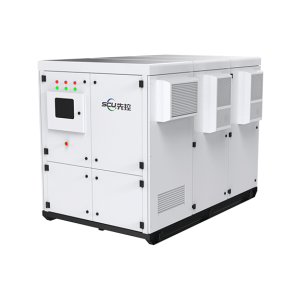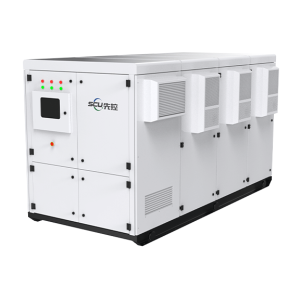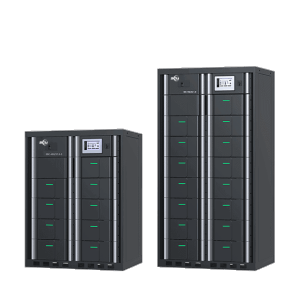
Now the number of electric vehicles in the world is increasing, and EV charger in some public places have emerged. Since zero emission is advocated now, there will be more and more trams and more EV charger in public places. How should we choose EV charger? Please continue reading this article.How to select a EV […]
More
1. Solar battery storage reduces your energy bills Running air conditioners, lights, refrigeration equipment, and computers are all integral parts of most businesses—without them it simply cannot function. Unfortunately, not using them to reduce energy usage to reduce costs is not an option. By installing commercial solar on the roof, businesses can start producing their […]
More
Imagine you are at home on a stormy night, the washing machine is running and you are watching TV, and suddenly the power goes out. Now imagine the same scenario, except you have a rooftop solar system with battery storage. You’ll be blissfully unaware when there’s a power outage near your home. 1. Understand solar […]
More
1. Understand the uninterruptible power supply An uninterruptible power supply is a device that allows a computer to continue operating for at least a short period of time when mains power is lost. Uninterruptible power supplies also provide surge protection. An uninterruptible power supply contains a battery that “turns on” when the device detects a loss […]
More
1. What is an uninterruptible power supply? An uninterruptible power supply is an electrical device that provides emergency power to the load when the input power supply or mains fails. Uninterruptible power systems perform three main functions: conditioning incoming dirty power from the utility, providing you with clean, uninterrupted power, providing ride-through power for sags […]
More
What is energy storage? It is an important part of the six major links in the power production process of “collection-generating-transmission-distribution-use-storage”. The energy storage system can realize energy transfer and promote the application of new energy; it can establish a micro grid to provide electricity for areas without electricity; it can adjust peak frequency and […]
More
Although both power batteries and energy storage lithium batteries are lithium batteries, their properties are completely different. We believe that everyone will have a deep understanding of the difference between power batteries and energy storage batteries after reading the breakdown below. When we use batteries, we can choose according to our needs. 1. The difference […]
MoreThe lithium iron phosphate battery is a lithium ion battery using lithium iron phosphate (LiFePO4) as the positive electrode material and carbon as the negative electrode material. During the charging process, some of the lithium ions in the lithium iron phosphate are extracted, transferred to the negative electrode through the electrolyte, and embedded in the […]
More
Lithium iron phosphate battery refers to a lithium ion battery with lithium iron phosphate as the positive electrode material. Lithium-ion battery anode materials mainly include lithium cobalt oxide, lithium manganate, lithium nickel oxide, ternary materials, lithium iron phosphate, etc. Since its performance is particularly suitable for power applications, the word “power” has been added to […]
MoreSCU's website uses cookies. By staying here you are agreeing to our use of cookies.
Learn more I AGREE